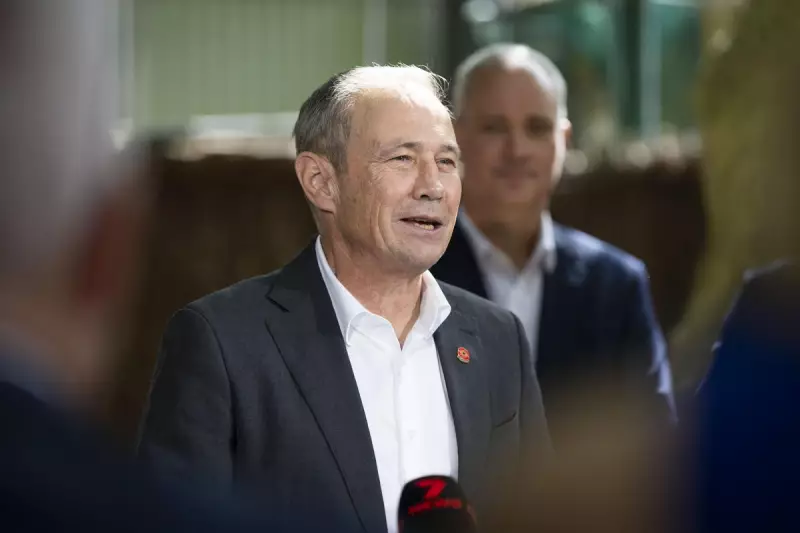
Western Australia's political leaders have reached an unprecedented agreement to extend parliamentary sitting hours, demonstrating rare cross-party cooperation to ensure critical legislation passes before the winter break.
Cross-Bench Unity on Extended Hours
In a remarkable display of political unity, the government, opposition, and crossbench members have all expressed willingness to work longer days or sit later into the evening to process pending legislation. This collaborative approach comes as the Upper House faces significant pressure to clear its legislative agenda before parliament rises for the winter recess.
Both government and non-government members acknowledge the substantial workload facing the legislative council. The unusual consensus reflects the importance of the bills awaiting consideration and the shared commitment to parliamentary process despite political differences.
Legislative Pressure Mounts
The current parliamentary session has seen an accumulation of government bills that require passage through the Upper House. With limited sitting days remaining before the scheduled break, all parties recognize the need for extraordinary measures to ensure proper consideration of each piece of legislation.
The extended hours will allow for more thorough debate and examination of proposed laws while maintaining the parliamentary calendar. This approach prevents the need to rush critical decisions or carry over significant legislative business into the next sitting period.
Cooperative Politics in Action
This agreement represents a significant moment in WA politics, where traditional adversaries have found common ground in service of effective governance. The willingness to extend sitting hours demonstrates that when necessary, Western Australia's political representatives can prioritize legislative progress over partisan interests.
The cooperative spirit extends across the political spectrum, with government ministers, opposition spokespeople, and independent crossbenchers all contributing to the solution. This pragmatic approach ensures that important policy matters receive the attention they deserve without being compromised by time constraints.
As Western Australia faces various challenges and opportunities, this flexible approach to parliamentary scheduling sets a positive precedent for future cooperation and effective law-making in the state's political landscape.





